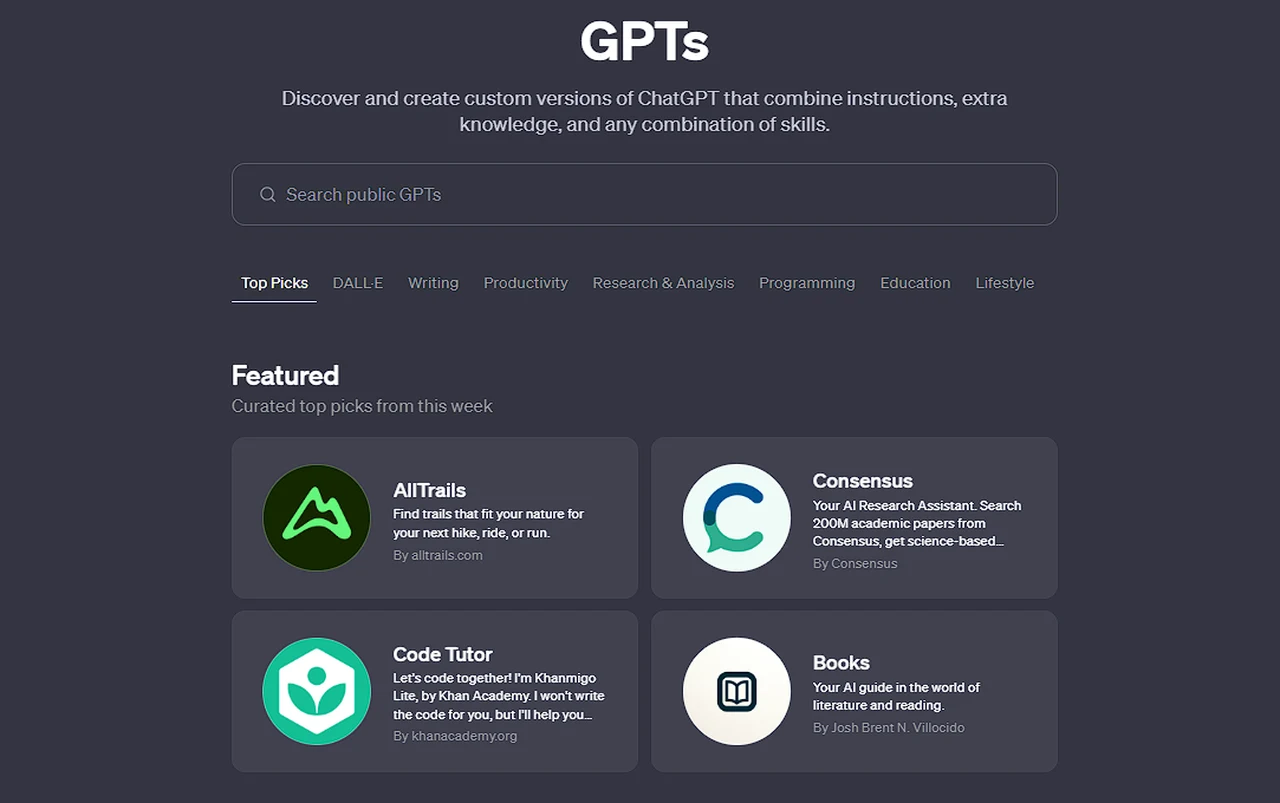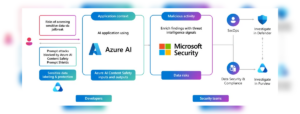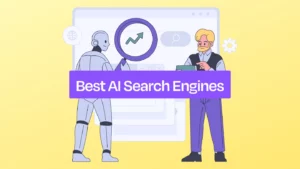Introduction
Remember ELIZA, the chatbot that fooled folks into thinking they were conversing with a psychotherapist back in the 1960s? Well, move over, Eliza, because the robots are back, and this time, they’re tailor-made for your every whim.
OpenAI, the research lab behind the viral ChatGPT, has just launched the GPT Store, a digital marketplace where you can buy and sell custom AI-powered chatbots. 
Think of it as the Etsy for chatbots, except instead of quirky mugs and macrame wall hangings, you’re browsing virtual companions programmed to do your bidding, answer your deepest questions, or simply shoot the breeze.
What is the GPT Store and how does it work?
The GPT Store is a new feature in the ChatGPT client, which is a web-based application that lets users chat with ChatGPT, OpenAI’s text-generating AI chatbot. ChatGPT is powered by GPT-3, one of the largest and most advanced language models in the world, which can generate coherent and diverse texts on almost any topic.
Users can explore the GPT Store by looking at the popular and trending GPTs on the community leaderboard, which is organized into categories such as lifestyle, writing, research, programming, and education. Users can also search for GPTs by keywords, ratings, reviews, and prices. Some of the GPTs available at launch include a trail recommender from AllTrails, a code tutor from Khan Academy, and a content designer from Canva.
Read More: 10 Ways AI is Transforming the Financial Landscape – techovedas
How Does It work
To use a GPT, users need to have a paid ChatGPT account, which costs $9.99 per month or $99.99 per year. Users can then buy GPTs from the store using credits, which are the currency of the GPT Store. Users can also earn credits by selling their own GPTs or by referring other users to the GPT Store.
To create a GPT, users need to have a ChatGPT Plus account, which costs $19.99 per month or $199.99 per year. ChatGPT Plus gives users access to the GPT Builder, a tool that lets users customize their chatbot agents using a simple and intuitive interface.
Read More: How Does AI Generate Images from Thin Air? – techovedas
Challenges and limitations of the GPT Store
The GPT Store is not without its challenges and limitations, however. There are some issues and risks that users and developers need to be aware of and address.
One of the main challenges is ensuring the quality and reliability of the chatbots. Chatbots are not perfect, and they can sometimes generate inaccurate, irrelevant, or inappropriate responses.
Another challenge is ensuring the ethical and legal compliance of the chatbots. Chatbots can potentially infringe on the rights and privacy of users and third parties, such as by using or disclosing personal or sensitive information, or by violating intellectual property or other laws.
A third challenge is ensuring the diversity and inclusivity of the chatbots. Chatbots can potentially reflect or reinforce the biases and stereotypes of their creators or their data sources, such as by discriminating or excluding certain groups or perspectives.
Read More: Grok AI vs ChatGPT vs BARD AI – Who Emerges Victorious? – techovedas
Conclusion
OpenAI’s GPT Store marks a significant step forward in the evolution of human-AI interaction. It’s a playground for the curious, a toolkit for the creative, and a glimpse into a future where AI isn’t just a cold, calculating force, but a customizable companion shaping our experiences in ways we can only begin to imagine.
So, whether you’re a novelist seeking inspiration, a programmer facing a coding conundrum, or simply someone who craves a witty conversationalist, the GPT Store beckons. Step inside, explore the possibilities, and build the AI companion of your dreams. Just remember, with great power comes great responsibility. Choose your data wisely, and let the conversations begin.








